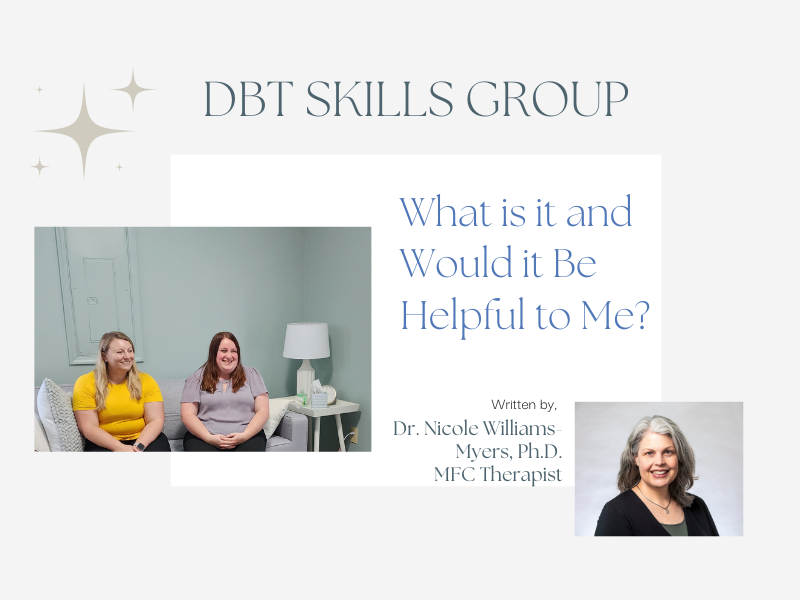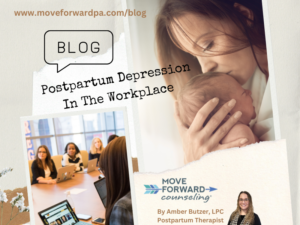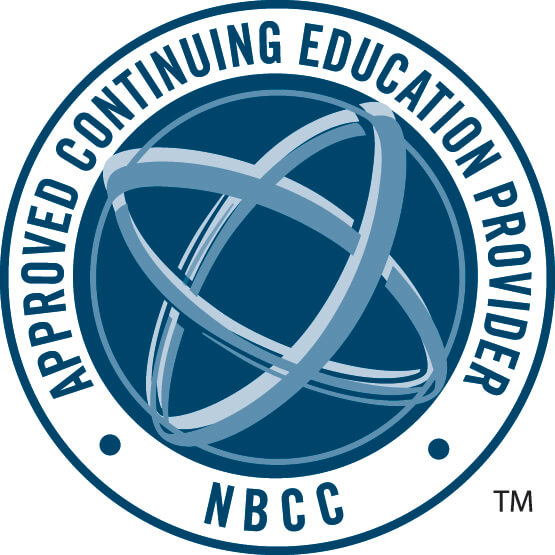Is a DBT Skills Group right for me?
What is it, and Would it Be Helpful to Me?
Dialectical Behavior Therapy, often called DBT, is an evidence-based treatment approach created by Dr. Marsha Linehan to address the needs of clients struggling with intense emotions and behaviors. Comprehensive DBT treatment includes individual therapy, coaching, support of a treatment team, case management, and group skills work. It’s often conducted in an inpatient treatment facility. It is also an effective strategy for clients with active thoughts of suicide, self-harming behaviors, and actions that greatly disrupt their ability to connect and function with others healthily.
DBT became well known for its treatment success among those diagnosed with Borderline Personality Disorder, a set of symptoms thought untreatable at the time. Many therapists and psychologists, including myself, greatly respect Dr. Linehan’s approach in refusing to accept that some individuals were suffering and could not be helped. She and her colleagues forged a new path of hope for many people and their loved ones. Find out more about Borderline Personality Disorder.
Clinical Trials of DBT
Therapists soon discovered DBT was helpful for all types of concerns, and more and more clients were being helped by learning the skills. Research supported this observation as clinical trials of DBT continued. Dr. Linehan and her colleagues discovered that teaching DBT skills, whether presented individually or in a group setting, made an enormous difference in client success. They began to formally study the use of these skills for clients without such intense needs. DBT skills training has been shown to improve (1) emotion regulation, (2) awareness of one’s thoughts and feelings, (3) interpersonal interactions, and (4) ability to manage psychological distress. For example, research has identified DBT skills as an effective treatment for individuals suffering from problems with mood; anxiety; loneliness or inhibited grieving; and caregiver stress (to name a few).
DBT Skills Groups
Adding a DBT skills group to your existing individual therapy is incredibly useful if you struggle in one of the four main areas mentioned above. If you have a loved one or family member struggling with mental health concerns and desire more skills to support them, a DBT skills group may be helpful to you. In addition, if you are seeking a mindfulness-based therapy approach to reduce tension and stress, a shortened version of the typical skills group that focuses exclusively on mindfulness skills could be beneficial.
About the Author
Dr. Nicole Williams-Myers, Ph.D., is a Licensed Psychologist who offers DBT Skills as an Educational Group at Move Forward Counseling, LLC. Please contact us if you are interested in learning more, signing up or speaking with a member of our staff about the group. An Emotion Regulation Group is forming to begin in September 2023.
Sources
Linehan, M. M. (2015). DBT® skills training manual (2nd ed.). Guilford Press.




























